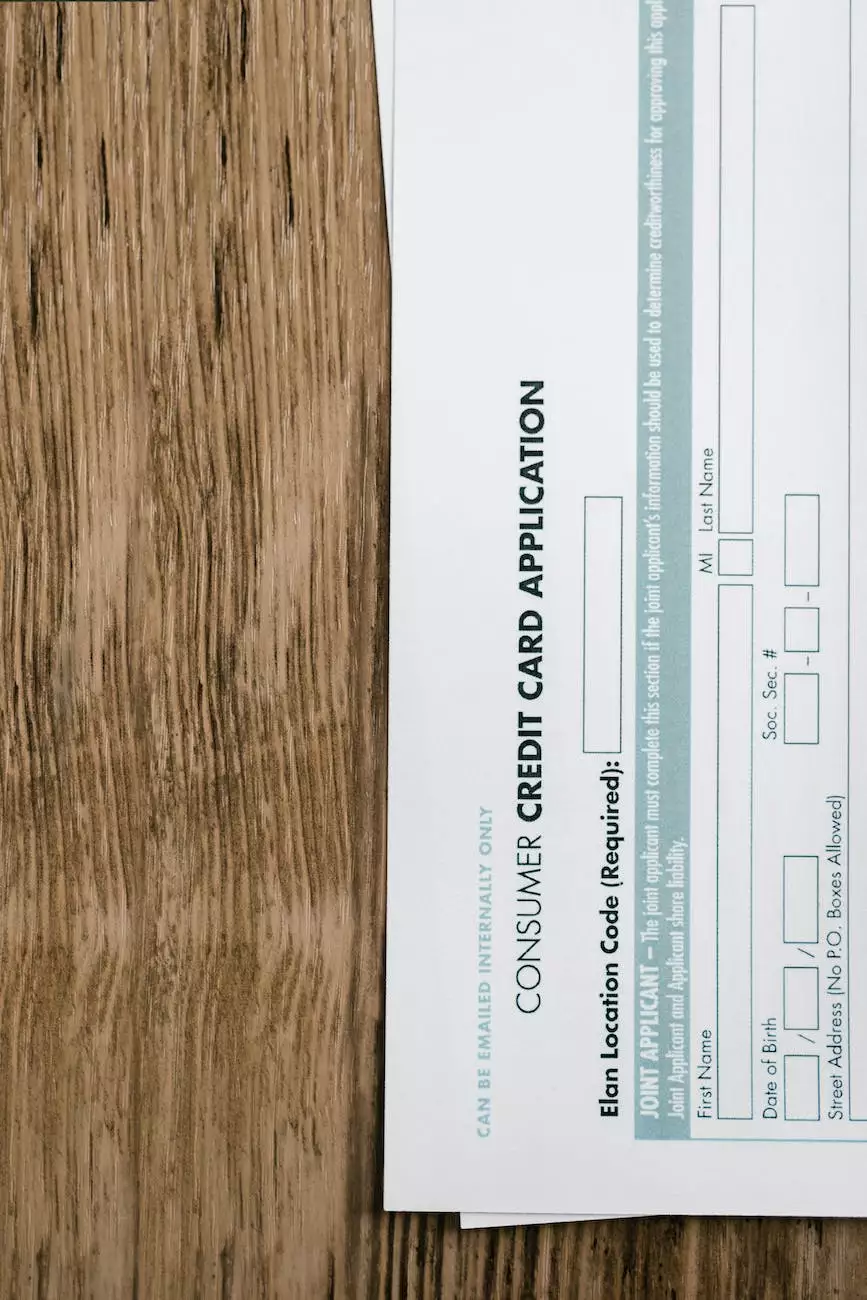Should You Put Your Mortgage Into Forbearance?

Understanding Mortgage Forbearance
When facing financial difficulties, such as unemployment or unexpected medical expenses, it's crucial to explore all available options to manage your mortgage payments. One potential solution is mortgage forbearance. As a homeowner, understanding what forbearance entails and its implications is essential.
The Benefits of Mortgage Forbearance
Mortgage forbearance can provide relief during challenging times. It allows you to temporarily suspend or reduce your monthly mortgage payments, providing you with some financial breathing room. This arrangement is particularly useful when dealing with short-term or unforeseen financial hardships.
Important Considerations and Drawbacks
Despite its benefits, mortgage forbearance does come with important considerations and potential drawbacks. It's crucial to evaluate these factors before moving forward:
1. Impact on Credit Score
Entering forbearance can impact your credit score, although the extent varies depending on your lender and specific situation. It's critical to understand how your credit may be affected before making a decision.
2. Accumulated Interest
While your payments may be temporarily reduced or paused during forbearance, interest continues to accrue during this period. This means that when payments resume, you'll owe the accumulated interest on top of your remaining mortgage balance.
3. Loan Extension or Repayment Plan
Forbearance is not a forgiveness program. Once the forbearance period ends, you'll need to work with your lender to determine how the missed payments will be repaid. This can include extending the loan term, adding the missed payments to the end of the loan, or creating a repayment plan.
4. Eligibility and Documentation
Eligibility requirements for mortgage forbearance vary among lenders. It's crucial to contact your lender directly to understand the specific documentation needed to qualify for this relief program.
Is Mortgage Forbearance Right for You?
Deciding whether to put your mortgage into forbearance depends on your unique circumstances. Consider these factors when making your decision:
1. Financial Situation
Evaluate your current financial situation. Is your inability to make mortgage payments due to a temporary setback or a more long-term issue? Understanding your financial stability will help you determine if forbearance is the right option for you.
2. Assessment of Other Options
Before opting for forbearance, explore other potential solutions. This may include contacting your lender to discuss loan modification, refinancing, or other assistance programs that could be more suitable for your situation.
3. Communication with Your Lender
Open communication with your lender is crucial. Reach out to discuss your financial difficulties and explore possible solutions. They may be able to provide guidance and alternative options that best align with your needs.
Seeking Professional Advice
It's always wise to consult professionals, such as financial advisors or housing counselors, when facing significant financial challenges. They can offer guidance and help you make informed decisions regarding mortgage forbearance.
Conclusion
Mortgage forbearance is a potential solution to consider when experiencing temporary financial difficulties. However, it's essential to carefully evaluate the benefits, drawbacks, and your personal circumstances before making a decision. Open communication with your lender and seeking professional advice can provide invaluable insights in navigating through financial hardships. Remember that mortgage forbearance is just one option, and exploring various alternatives may lead you to the best path for your unique situation.










